
Japanese Motifs in Segaiha Japanese Quilting Cotton Tangerine Mountain
The Japanese Kakutsunagi motif, representing intertwined squares, is a variant of the endless knot, one of the 8 auspicious symbols of Tibetan Buddhism, evoking life, death, continuity, transformation, harmony,.. Kakutsunagi is spelled 角繋ぎ, which simply means connected corners.

From Japanese Design Motifs. Compiled by the Matsuya PieceGoods Store
Where are Japanese patterns most often found? The usage of motifs is a distinctive aspect of Japanese art and design. Japanese designs can be found on silverware, origami paper, textiles, kimonos, and art prints among other things. Amime (Mesh) Amime is named after the mesh of a fishing net.
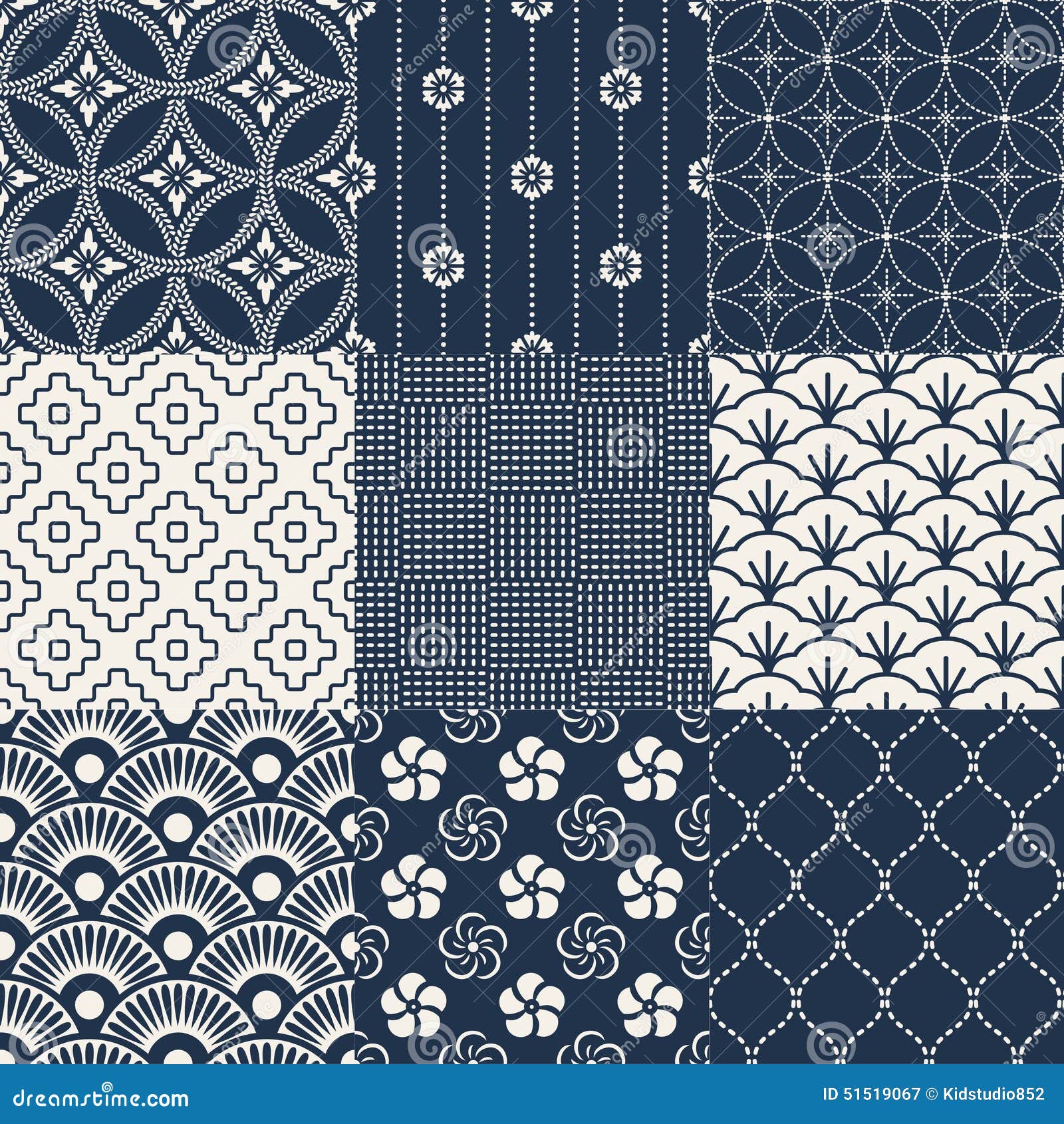
Japanese Geometric Pattern Stock Illustrations 49,618 Japanese
Deep Meaning in Japanese Motifs June 02, 2021 "Wagara" These Japanese traditional patterns have been used for pottery, Buddhist altars, and kimonos. They can be seen on tenugui (Japanese towels), and furoshiki (wrapping cloths) in everyday life in Japan to this day.

traditional japanese design motifs Japanese design, Japanese crest
Japan has four seasons to enjoy. Each of the four seasons has its own characteristics and motifs that symbolize these characteristics. Some of these motifs have auspicious meanings and are used in various aspects of daily life. December marks the beginning of a full-fledged winter, and we begin to see cute motifs in

Why do Japanese People Wear Kimonos? A Kimono History What Is Japan Like
Flower and bird pattern is a very elegant motif combining plants, flowers, and birds, and is popular as a pattern for kimono and other textiles as well as for maki-e lacquerware. It is expressed by combining plants and birds that are respectively Japanese and auspicious, such as pine, bamboo, plum, with cranes, peacocks, and Japanese nightingale.

Japanese patterns, Japanese art, Japanese fabric
Introduction Traditional Japanese patterns or wagara have garnered admirers around the world for centuries. From the delicate intricacies of hand-woven and dyed Japanese fabric patterns to the timeless charm of motifs such as asanoha, the allure of these designs is unparalleled.
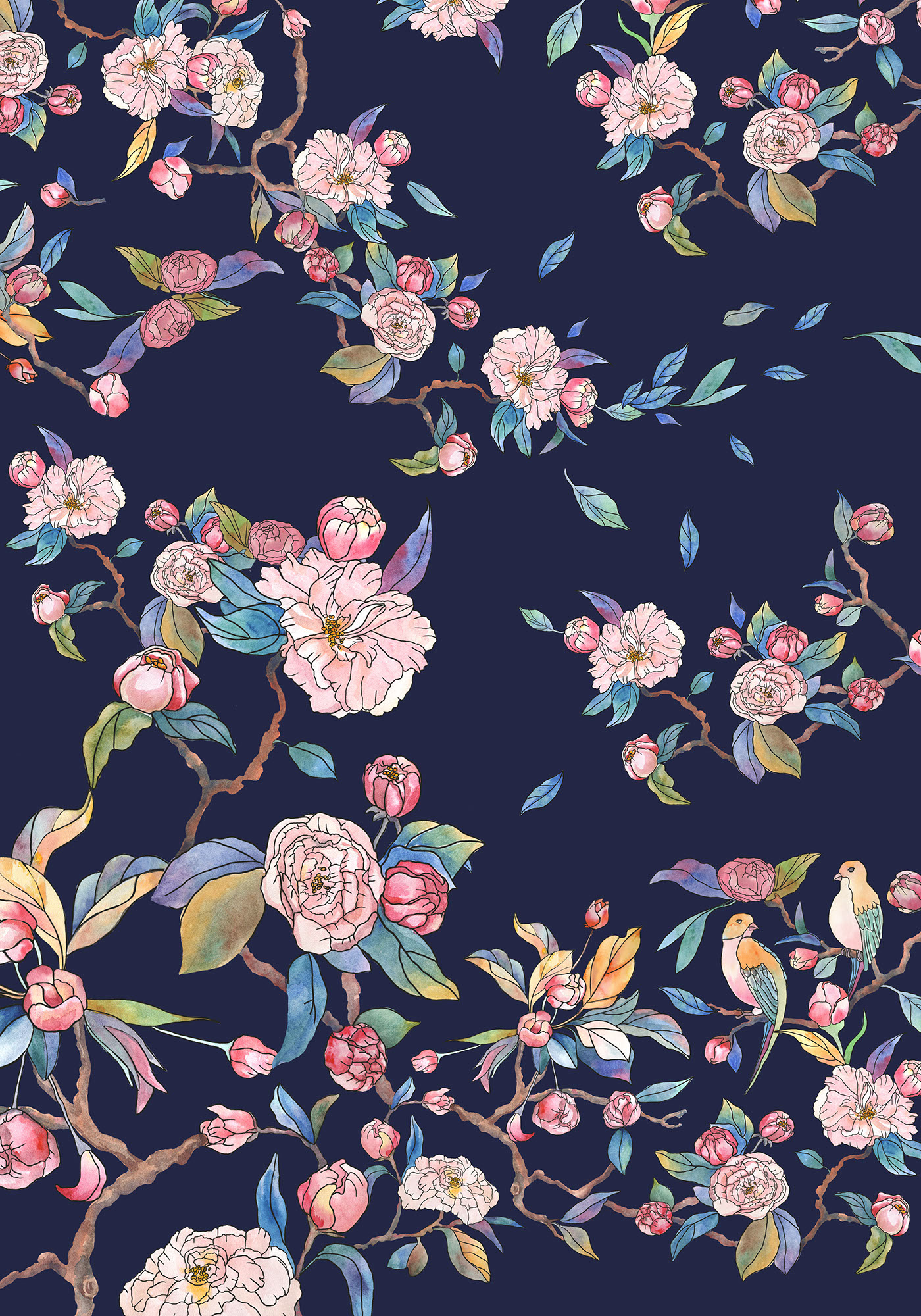
JAPANESE MOTIF/textile design on Behance
20 comments 8 min read Japanese Patterns and Designs Full of Dynamic Interpretation of Nature Japanese Patterns - The simplified beauty of nature is seen on fabrics, crafts, and many other places in Japan. Some patterns and designs have a long history and some are very new.

Traditional Japanese Pattern Vector TRADITIONAL IS MY WEALTH
Traditional Japanese motifs are loved and admired the world over. Most people recognize them as "Japanese" immediately, though many cannot explain why. Ones who do, know that they are a Japanese art form called wagara. Wagara motifs trace back to Japan's 8th-century Heian period kimono art and are still evolving.
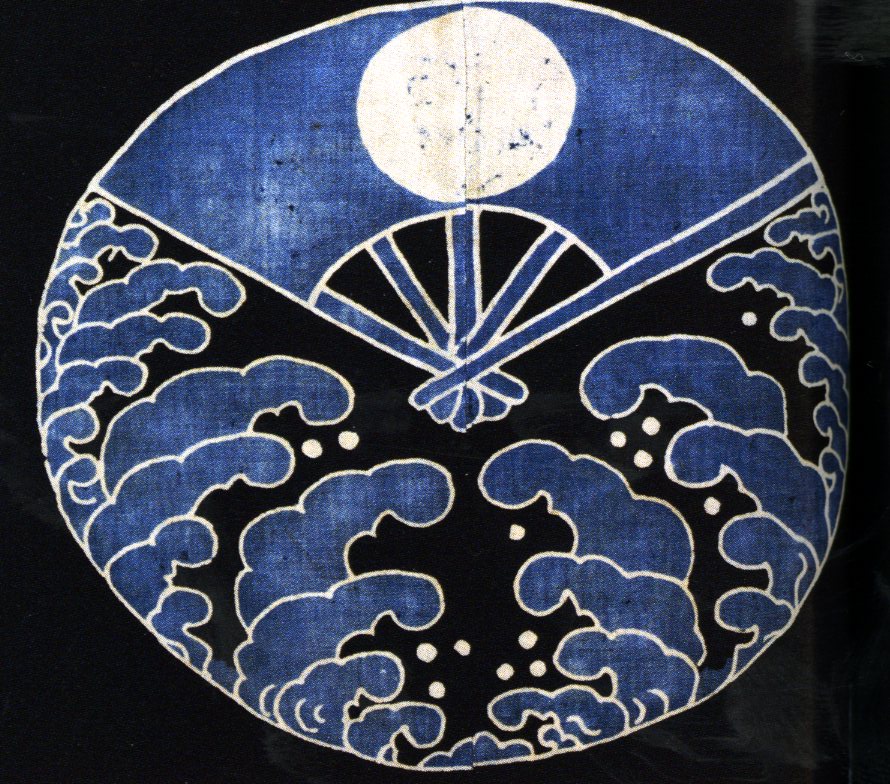
cityzenart Traditional Japanese Design Motifs
The creation of an independent Japanese art style, known as yamato-e (literally Japanese pictures), began in this way: the gradual replacement of Chinese natural motifs with more common homegrown varieties.Japanese long-tail birds were often substituted for the ubiquitous Chinese phoenix, for example, while local trees and flowers took the place of unfamiliar foreign species.
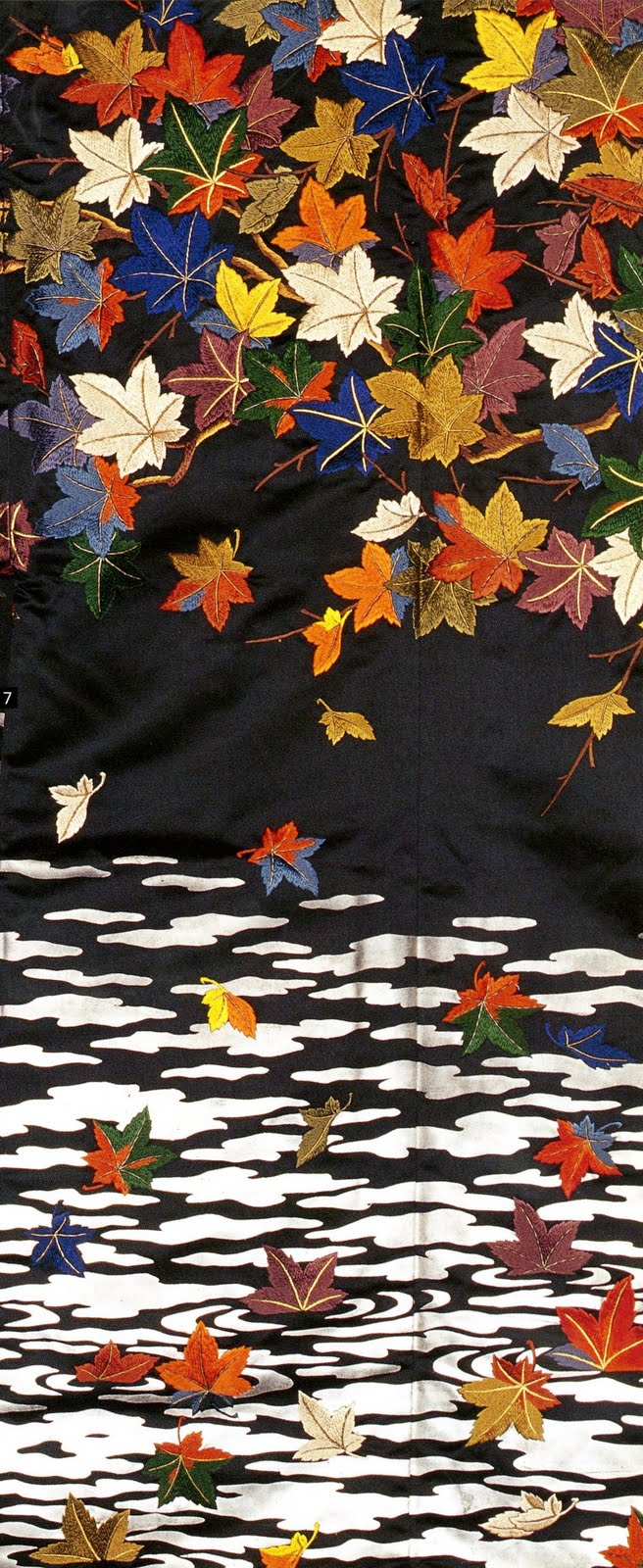
cityzenart Traditional Japanese Design Motifs
The Japanese motif of Kasumi (霞) mist evokes the special atmosphere it brings to a landscape, with the sun at dawn or dusk, and those pale, pink or white glows covering part of the sky. This is the physical phenomenon called afterglow. It is often represented in the form of the ideograms 工 or 王, or variants thereof.
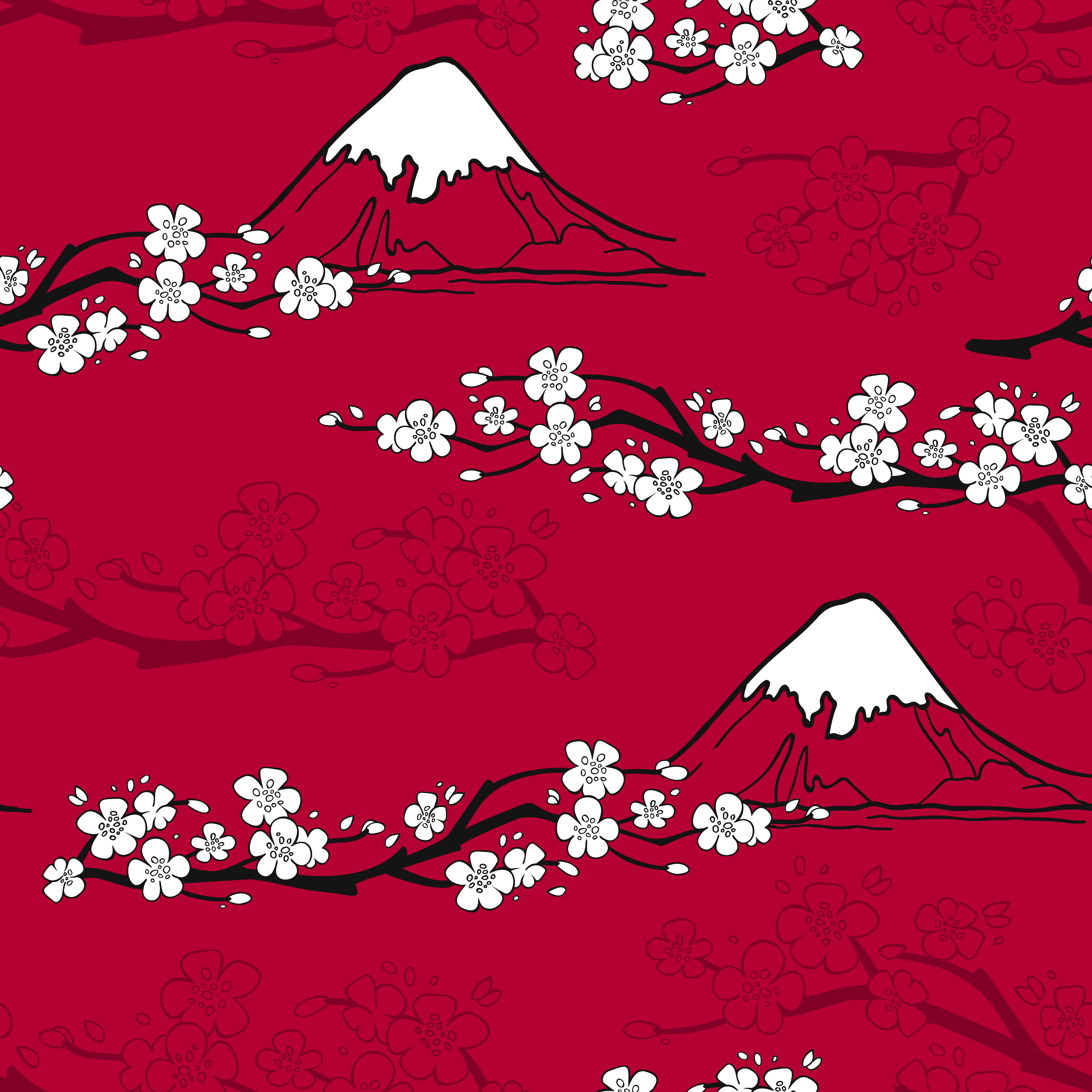
Japanese Flower Pattern 461602 Vector Art at Vecteezy
SPRING 1. Plum Vintage Silk Plum Kimono, Japan Objects Store Vintage Silk Peacock Kimono, Japan Objects Store Peacock designs feature heavily on furisode, formal attire for single women. To learn more about different types of kimono, visit 10 Popular Types of Kimono You Might Not Know About.
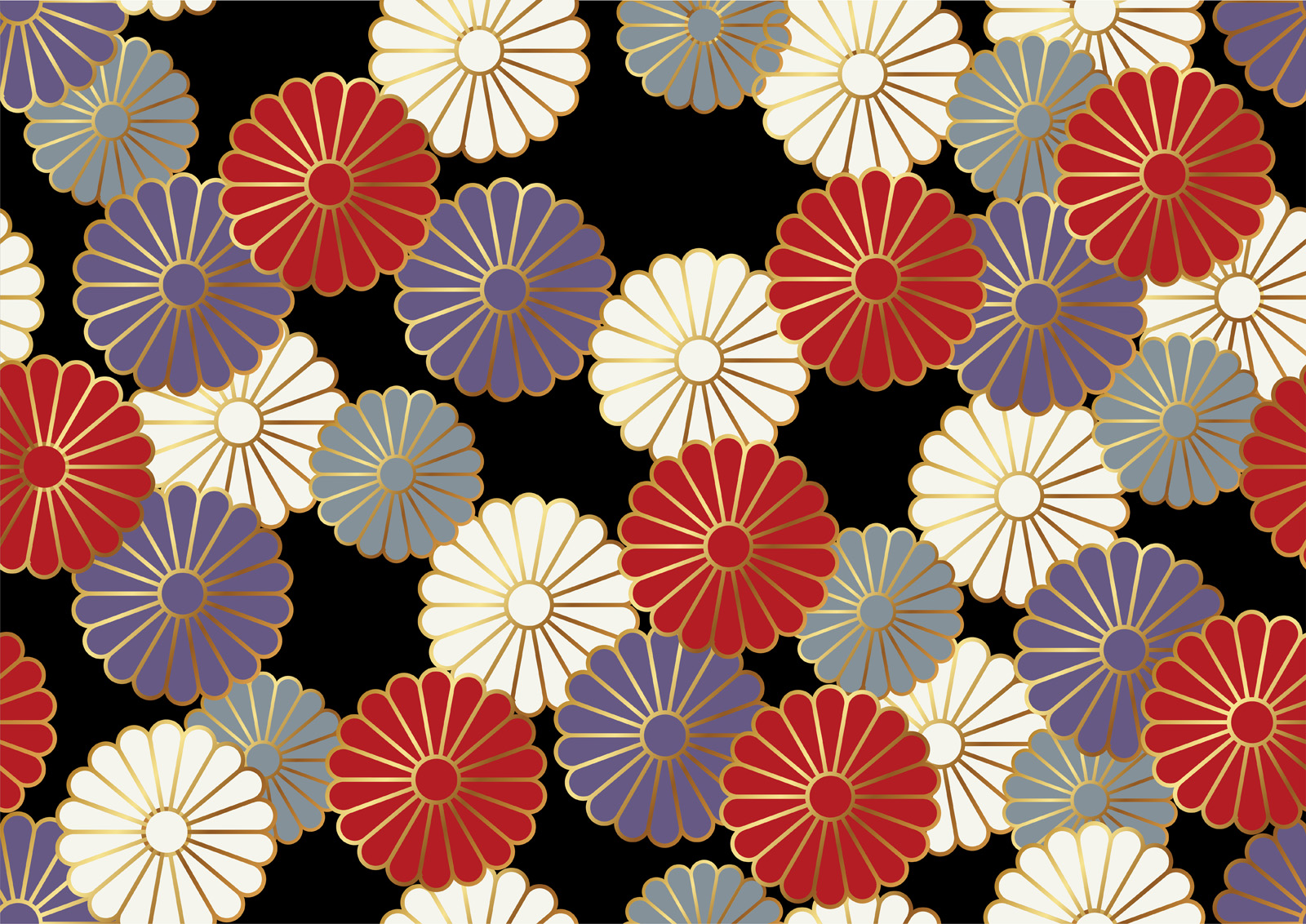
Seamless chrysanthemum pattern in the Japanese traditional style
Other motifs included people, horses, wagons, jewels (magatama; semi-precious comma-shaped stones), animals and birds. As of the 6th century CE, decorative motifs from East Asia, especially of the Chinese Tang era (618-907) appeared. Through China, by way of Korea, there arrived motifs from the Buddhist art of India, from Persia, and from Rome.

Seamless Japanese pattern with wave motif vector Download Free
The Japanese Nightingale, also known as the Japanese bush warbler or "uguisu," is a small, olive-green bird that is native to Japan. It is known for its distinctive, melodic song, which has been celebrated in Japanese culture for centuries. In traditional Japanese culture, the uguisu has been a popular symbol of spring and new beginnings.

Japanese patterns, Pattern art, Japanese traditional
Yagasuri (or Yabane) This Japanese pattern represents the bird feathers attached to the tips of arrows used for archery. During New Year's Day, decorative arrows are sold as lucky charms to fight the evil and protect home. On fabrics, the yagasuri pattern is considered a symbol of protection and good luck.
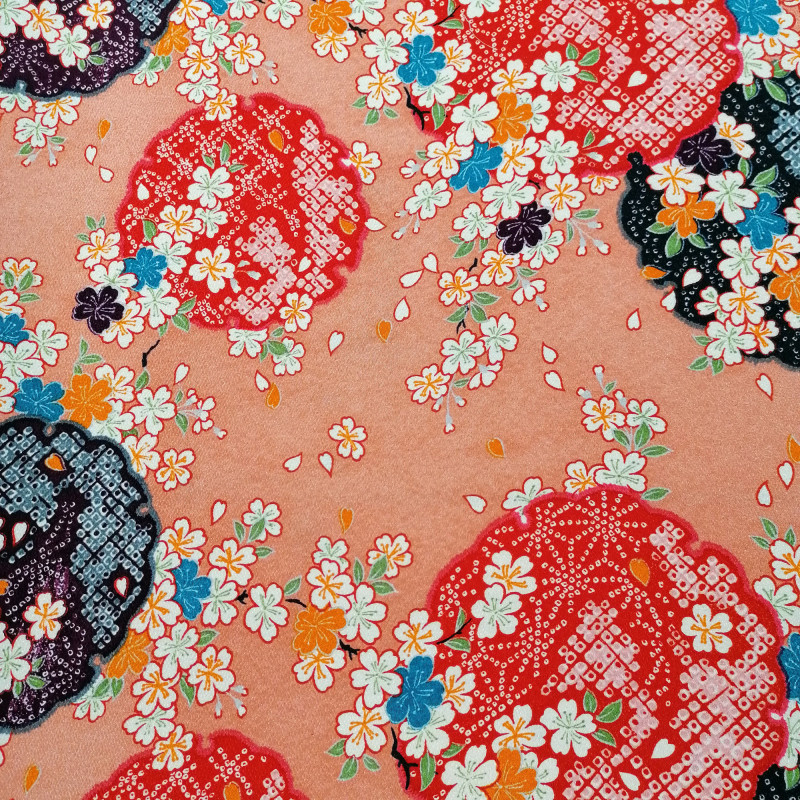
Japanese pink polyester chirimen fabric with cherry blossom motif
Home Fabrics 和柄 : Japanese Patterns - Part 1 Fabrics 和柄 : Japanese Patterns - Part 1 Posted by Kiriko Made · March 3, 2019 Traditional Japanese designs, or "Wagara", are traditional Japanese patterns. They are history designs, each with a specific meaning, originally created for decorating traditional garments.

Japanes Floral Pattern Flower pattern of Japan on Behance I reached
This motif is ubiquitous in Japan and can be seen on clothing as well as use in stories and poetry. Yagasuri (Arrow Feathers) This pattern depicts the feathers of an arrow or fletching. The pattern symbolizes good luck for weddings and other ceremonies. The meaning comes from an old Japanese saying that once an arrow is shot, it does not return.